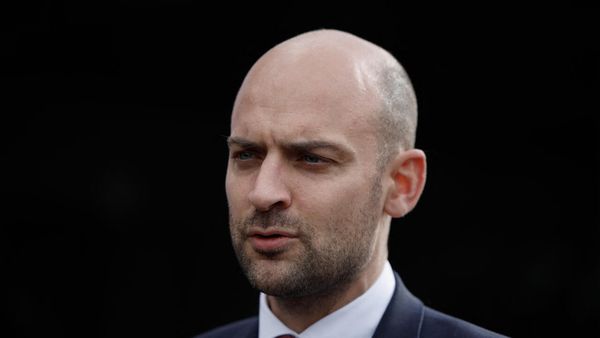The discussion on women’s reservation Bill in Parliament on Wednesday and Thursday saw the Congress making a bold attempt to woo the Other Backward Classes (OBC). While this is out of line with its instincts, party leader Rahul Gandhi’s sharp and sustained focus on OBC representation is forcing the Congress to take up the cudgels in support.
Mr. Gandhi himself led the charge in the Lok Sabha, accusing the BJP of excluding OBC communities from power. Only three of the 90 Secretaries in the Union government were from the OBC category, he pointed out. In the Rajya Sabha, party general secretary K.C. Venugopal said the BJP’s outreach to women and OBCs was only a drama to win votes. Raising the issue of separate reservation for OBC women within the 33% reservation, he said: “If you are so keen to stand with the OBCs, why don’t you hold the caste census?”
OBCs in Cong.
Mr. Venugopal said the Congress always supported people from OBC communities. “We are proud to say that three of the four Chief Ministers we have are from the OBCs,” he said, suggesting that the women’s reservation Bill should be implemented before the 2024 elections and OBC women should have separate quota in it. The Bill, according to him, was not from the heart of the ruler, but a result of the political calculation of the BJP.
The Congress has significantly increased OBC representation in its Working Committee. The battle between the BJP and the Congress in the Hindi heartland is actually one for OBC minds — the reason why Home Minister Amit Shah reacted sharply to Mr. Gandhi’s taunts, and emphasised the BJP’s OBC character. Nearly a third of its Parliament members were from OBC communities, he pointed out.
With the upper castes firmly with the BJP and the Muslims firmly against it, the swing votes in the heartland are of OBC communities. The collapse of the Congress in the late 1980s was presaged by the rise of OBC parties that plucked Muslims from the Congress even as the upper castes jumped on the BJP bandwagon. The Congress was reduced to an empty shell that no social group found useful. Under Mr. Gandhi, the Congress now feels wooing the OBCs is the only route to its revival. Not only the two national parties, but several regional parties too used the debate on women’s reservation to play to the OBC gallery.
Heartland stakes
Mr. Gandhi is planning a second leg of Bharat Jodo Yatra that will traverse the Hindi heartland where OBC mobilisation continues to be the key determinant of politics. The focus will be on OBC communities, party sources said. Mr. Gandhi has been a champion of OBC communities and in the 2012 Uttar Pradesh Assembly election campaign that he led, the party fielded the largest number of OBC candidates. The defeat in that election was also a setback to his OBC drive.
The Congress is not used to this, and many of its strategists are inclined to avoid identity questions and wait for the tide to turn. Material questions of poverty, price rise and unemployment will drive people back to the Congress, going by this conventional thinking in the party. The slogan ‘Congress Ka Haath, Aam Aadmi Ke Saath’ (Congress is with the common man) that won it power in 2004 reinforced this conception of voters as deracinated, material entities devoid of any cultural baggage or history.
But the BJP under Narendra Modi addressed the aspirations of OBCs at several levels — material, cultural, and in representation, expanding the Hindutva tent on an unprecedented scale. Mr. Gandhi knows his battle against Mr. Modi is to be fought among OBCs.







